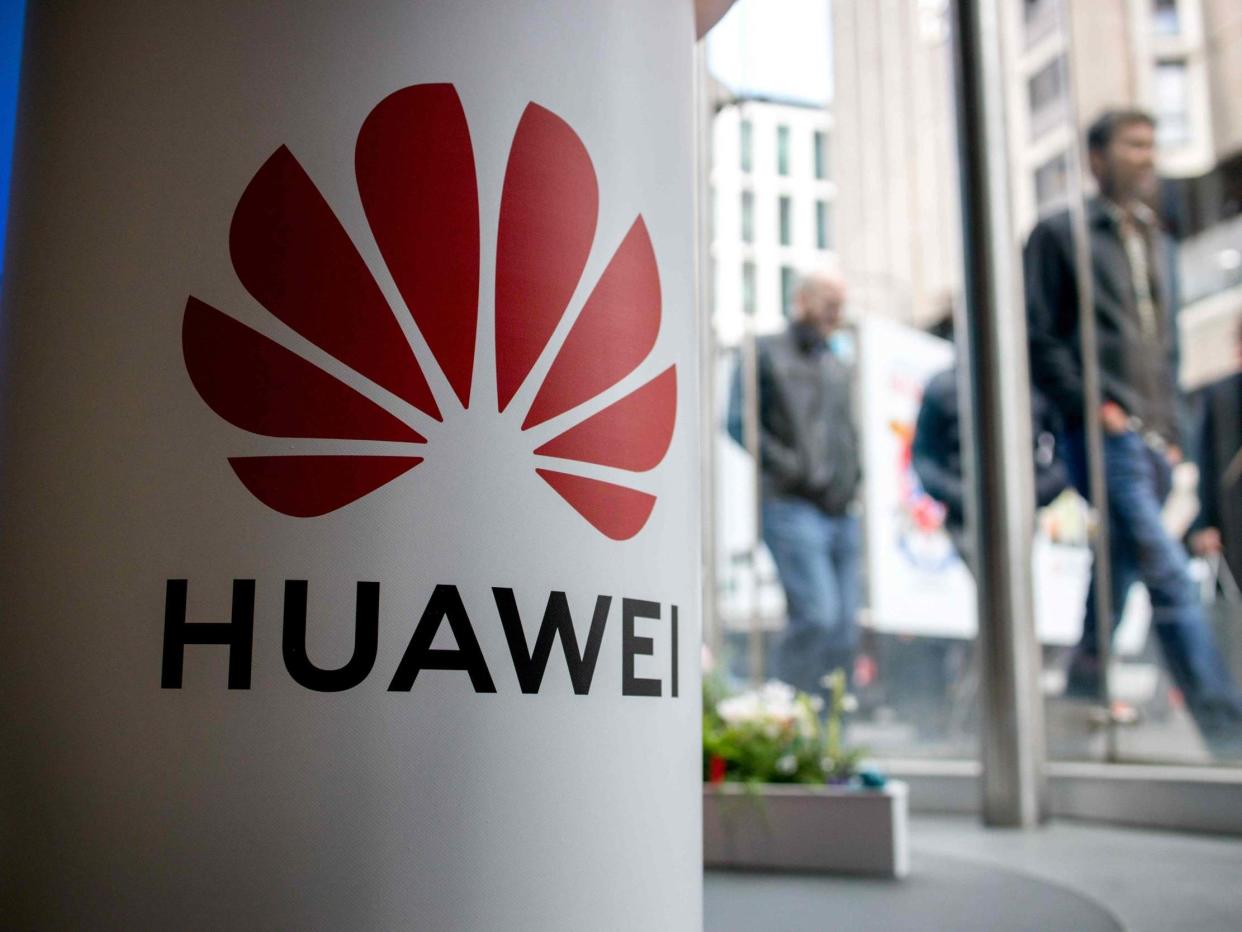US cuts off semiconductor shipments to Huawei, China vows to retaliate

The US threw a one-two punch at China’s rising tech power by blocking global chip supplies to telecom firm Huawei while helping a Taiwanese semiconductor producer open a next-generation plant in Arizona.
China responded to the US’s escalation by threatening a series of countermeasures through its state-run news agency, including putting US companies like Apple, Qualcomm and Cisco on an “unreliable entity list”.
The US Commerce Department announced on Friday it would amend an export rule to “strategically target Huawei’s acquisition of semiconductors that are the direct product of certain US software and technology”.
Huawei was placed on an economic blacklist in May 2019, but continued using US software and technology to design chips under an obscure loophole.
Under the new rule, foreign companies that use US chip-making equipment will be required to obtain a license to supply chips to Huawei or its affiliates.
Secretary of Commerce Wilbur Ross said in an interview with Fox Business News that the rule change was a “highly tailored thing” to try and correct the loophole.
“There has been a very highly technical loophole through which Huawei has been in able, in effect, to use U.S. technology with foreign fab producers,” he said.
Mr Ross said that despite being placed on its blacklist, Huawei stepped up its efforts to undermine the US’s national security.
This is not how a responsible global corporate citizen behaves. We must amend our rules exploited by Huawei and HiSilicon and prevent U.S. technologies from enabling malign activities contrary to U.S. national security and foreign policy interests. → https://t.co/BZIZBr2DFX pic.twitter.com/j45HcV6DMF
— Sec. Wilbur Ross (@SecretaryRoss)
The White House’s National Security Council said the new rule would make it harder for Huawei to use the US’s own technology against “us, our Allies, and our partners”.
“We will not allow Huawei to flout US export control laws, exploit U.S. technology, and threaten our national security,” it said in a tweet.
Former US ambassador to the UN, Nikki Haley, said China will lose their bucket over this move.
“It is hands down the right move for us in terms of national security,” she said.
A senior Commerce Department official told reporters in a telephone briefing that the US would wait and see if China retaliates.
China’s state-run news agency, Global Times, said China would take “a series of countermeasures” against the move to block shipments of semiconductors Huawei.
In addition to putting companies like Apple, Qualcomm and Cisco “unreliable entity list”, it could halt the purchase of Boeing aeroplanes.
China will take a series of countermeasures against U.S. move to block shipments of semiconductors to Chinese telecom giant #Huawei. https://t.co/V5jCdcYbBX pic.twitter.com/ZOi30Wsx38
— People's Daily, China (@PDChina)
The new rules would have a 120-day grace period, after which any chips destined for Huawei or its affiliates would be required to have a licence.
The rule would greatly impact the biggest contract chipmaker and key Huawei supplier, Taiwan Semiconductor Manufacturing Co (TSMC).
On the same day that it announced the new rules, the Commerce Department said it would provide unspecified “support” to TSMC to build a $12 billion next-generation manufacturing plant in Arizona.
The plant would be capable of using a new 5-nanometer process, ramping up to produce 20,000 semiconductor wafers per month after rolling out its first commercial batch in 2024.
TSMC said it is “following the US export rule change closely” and conducting legal analysis to “ensure a comprehensive examination and interpretation of these rules”.
Read more
Trump extends executive order against Huawei phones
US ‘could pull intelligence operations out of UK over Huawei 5G’
Huawei hits out at ‘groundless’ criticism of role in UK 5G roll-out
Boris Johnson facing Tory revolt over Huawei 5G decision
White House refuses to deny Trump accused Boris Johnson of ‘betrayal’

